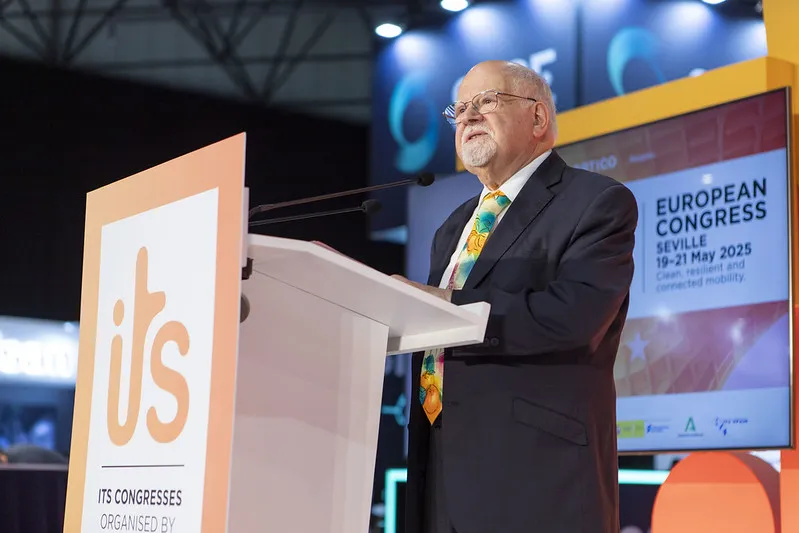
Europe will require an additional €86 billion by 2030 if the continent is serious about creating sustainable mobility, according to new research by EIT Urban Mobility.
However, it says this massive investment will be able to generate a return of €3.06 for every euro invested.
CEO Maria Tsavachidis says that the severity of the climate crisis means a "radical shift" in the way we approach urban mobility is required.
“With the transportation sector identified as a significant contributor to the climate crisis, EIT Urban Mobility advocates for a reimagined and integrated approach to mobility in cities, emphasising the importance of multimodality," she says. "This strategic approach leverages the unique strengths of various transport modes, enabling a seamless and sustainable transition towards environmentally conscious urban transportation systems.”
EIT Urban Mobility says results from its survey show that by 2030 pricing schemes (congestion and pollution charging, parking pricing, public transport integrated ticketing and tariff schemes) will have the "highest net benefits in small and medium cities".
Meanwhile innovative services - such as ITS, demand-responsive transport and autonomous vehicles - are "the better choice for large cities’ transition pathways", it says.
In a separate study - called Unlocking the Future of Mobility with European Data Spaces - EIT Urban Mobility says that Europe's 400 mobility data sharing initiatives mean "today’s mobility data landscape is scattered and requires better interoperability to deliver its full potential and enable seamless multimodality".
The European Commission estimates that access to real-time information on traffic avoidance and train delays could save up to €730 million and 27 million hours, respectively, which it says is equivalent to more than €20.74 bn in labour cost savings.
"To unlock the benefits of mobility data spaces in Europe, it is essential to prioritise greater availability and accessibility to data, and to promote trusted environments for secure data sharing," EIT Urban Mobility says.
It cites the Mobility Data Space (MDS), funded by the Federal Ministry of Digital Affairs and Transport (BMDV) to promote sustainability, as a way forward.
The MDS framework offers a platform where partners from the mobility sector can exchange data, with the objective of making mobility safer, more efficient and more environmentally-friendly.
The data research was carried out in collaboration with Factual and i2CAT.
EIT Urban Mobility is part of the European Union's European Institute of Innovation and Technology, and is co-organiser with Fira de Barcelona of Tomorrow.Mobility World Congress.










